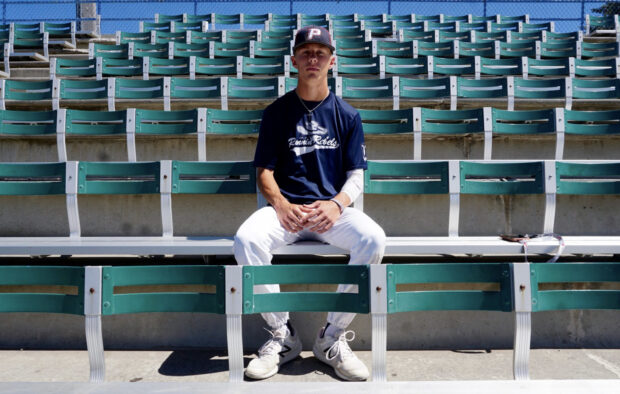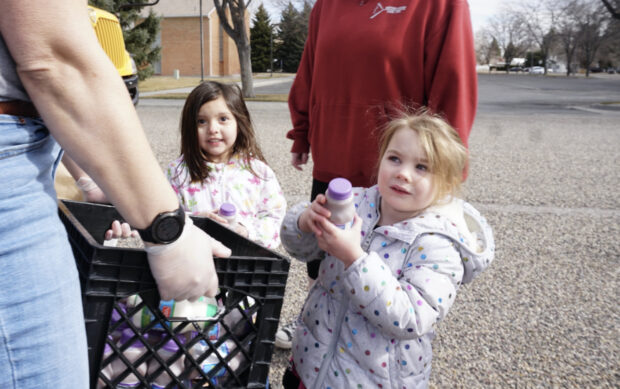It’s been two years to the day since Gov. Brad Little confirmed the coronavirus was in Idaho.
That was Friday the 13th, and Little’s emergency declaration preceded a whirlwind of disruptions that would shutter schools statewide and hamper learning in unprecedented ways.
Within days of Little’s announcement, families and educators were grappling with back-and-forths between remote and in-person learning — or some combination of the two. Local mask mandates and safety protocols swept over the state’s schools, reshaping learning and instruction.
There were the grim milestones: three confirmed deaths from the disease in Idaho by March 6, 2020. As of last Monday, the toll had climbed to a harrowing 4,788.
There were the social disruptions, as students missed out on sports and had their proms and graduation ceremonies cancelled or held remotely.

Other impacts were simply unpredictable, or bizarre. Remember that nationwide toilet paper shortage at the pandemic’s outset?
Typically quiet school board meetings were eventually marked by protests, police responses and recall efforts.
Deciding how and where safety decisions were made thrust the state into other unfamiliar territory. Early on in the health crisis, state leaders shifted decision-making power to school boards, fueling a mix of safety protocols in schools statewide.
Some went remote and cracked down on masks. Others took more of a hands-off approach.
The dynamic put the Teton School District’s policy at odds with its town’s mask mandate, and enabled one of its principals, Megan Christiansen, to buck district policy and make masks mandatory at her elementary school.
The challenges prompted other local leaders to think outside the box. High schools in Idaho Falls held their grad ceremonies at a local drive-in theater. The Blackfoot district bused meals to hungry kids stuck at home during an early surge in cases.

A big spotlight settled on students’ mental health. Teacher Sarah Jones asked her sixth-graders to keep pandemic journals, which offered a glimpse into the struggles facing kids separated from friends and peers for weeks or months on end.
“It’s no longer my life,” one student wrote.
“How far will this go, and when will it end? Who will find the cure?” wrote another.
The questions underscore the pandemic’s impact on kids, which, along with its impacts on learning, are still emerging. Buzzphrases like “social-emotional learning” and “learning loss” shot to the forefront of the K-12 conversation.
We’ve yet to see the depths of these impacts, though early numbers in reading and standardized tests tell us we’re on a downward slide.
Yet despite continued uncertainty, some glimmers of normalcy are emerging.
The Boise School District nixed its long-running mask mandate effective last Tuesday, following similar moves from districts across the state.
And on Tuesday, amid a continued downward trend in confirmed cases, Little announced an end to his emergency declaration, effective April 15.
Two years in, we’re looking back at the pandemic and its impacts on Idaho’s education system. Here’s a closer look at its effects.
Also, browse our updated coronavirus timeline for highlights and photos from the past two years.
And we’d love to hear from you. What do you remember most about the the last two years? How has COVID-19 impacted you and your loved ones? Email us at [email protected].
Some have already shared their experiences with us. Here’s what a former school board member, a parent and a student had to say.
